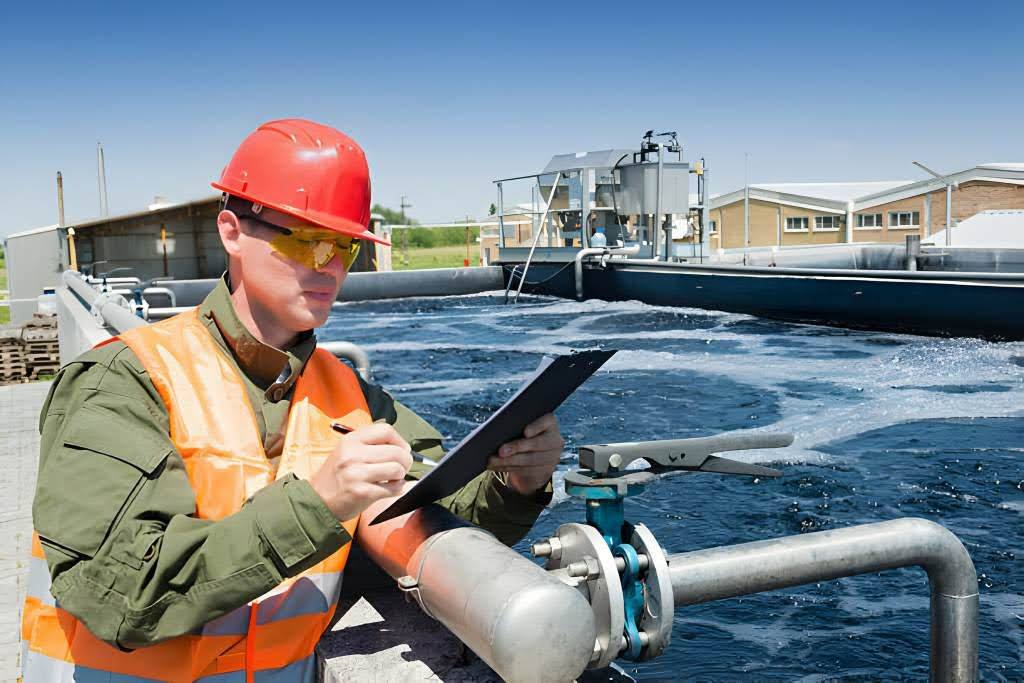Water, often referred to as the elixir of life, is an essential component of human existence. The human body is composed of approximately 60% water, highlighting its critical role in maintaining bodily functions.
Optimal hydration is vital for overall health, influencing various physiological processes such as digestion, circulation, temperature regulation, and waste removal. However, the quality of water we consume significantly impacts its ability to promote health.
In this article, we delve into the importance of optimal hydration and explore how water treatment systems play a crucial role in ensuring the quality and safety of the water we consume.
Understanding Optimal Hydration
Understanding optimal hydration is crucial for maintaining bodily functions. Factors such as environmental conditions, physical activity levels, and diet influence hydration needs, emphasizing the importance of adequate water intake for overall health.

Hydration and Health
- Proper hydration is essential for maintaining bodily functions.
- Dehydration can lead to various health issues, including fatigue, headaches, impaired cognitive function, and even more severe complications.
Factors Influencing Hydration
- Environmental conditions: Temperature, humidity, and altitude affect water requirements.
- Physical activity level: Increased activity leads to higher fluid intake needs.
- Diet: Certain foods and beverages can contribute to hydration levels.
The Role of Water Treatment Systems
Water treatment systems play a critical role in ensuring the quality and safety of drinking water. They remove contaminants and impurities, including bacteria, viruses, chemicals, and sediments, contributing to improved health and hydration.
- Purifying water by removing contaminants like bacteria, viruses, chemicals, and sediments.
- Enhancing the safety and quality of drinking water for consumption.
- Contributing to improved health outcomes by preventing waterborne diseases.
- Providing clean and safe water for various purposes, including drinking, cooking, and hygiene.
Ensuring Water Quality
- Water treatment systems are designed to remove contaminants and impurities from water sources.
- Common contaminants include bacteria, viruses, heavy metals, chemicals, and sediments.

Types of Water Treatment Systems
Water treatment systems encompass various methods like filtration (activated carbon, reverse osmosis), disinfection (chlorination, ozonation), and desalination. Each system effectively removes contaminants, ensuring clean and safe drinking water for consumers.
Filtration Systems
- Activated carbon filters: Effective in removing chlorine, volatile organic compounds (VOCs), and other chemicals.
- Reverse osmosis (RO) systems: Removes contaminants through a semipermeable membrane.
- UV purification: Destroys bacteria, viruses, and other pathogens using ultraviolet light.
Disinfection Methods
- Chlorination: Kills bacteria and viruses by adding chlorine to water.
- Ozonation: Oxidizes contaminants using ozone gas.
- Chloramine treatment: Combines chlorine with ammonia for longer-lasting disinfection.
Desalination
- Removes salt and other minerals from seawater or brackish water to produce freshwater.
Impact of Water Treatment on Health
Water treatment significantly improves health by reducing the risk of waterborne diseases, enhancing taste and odor, and protecting against chemical exposure. Clean water from effective treatment systems promotes overall well-being and hydration.
Benefits of Clean Water
- Reduced risk of waterborne diseases: Effective water treatment systems eliminate harmful pathogens, reducing the risk of illnesses such as cholera, typhoid, and gastrointestinal infections.
- Improved taste and odor: Removing impurities enhances the palatability of water, encouraging increased consumption.
- Protection against chemical exposure: Filtration systems remove contaminants such as lead, arsenic, and pesticides, safeguarding against potential health hazards associated with these substances.
Potential Challenges
- Over-treatment: Excessive use of certain treatment methods, such as chlorination, may lead to the formation of disinfection byproducts (DBPs), which could pose health risks.
- Environmental impact: Some water treatment processes consume significant energy and may produce waste products that can harm ecosystems if not properly managed.

Choosing the Right Water Treatment System
Selecting the appropriate water treatment system involves considerations such as water quality analysis, treatment goals, maintenance requirements, and cost-effectiveness. Making informed choices ensures the system effectively purifies water, promoting optimal hydration and health.
- Conducting water quality analysis to identify specific contaminants present in the water source.
- Determining treatment goals based on health concerns and water usage patterns.
- Considering maintenance requirements to ensure the continued effectiveness of the system.
- Evaluating cost-effectiveness by assessing initial investment, operational costs, and long-term benefits of various treatment options.
Considerations for Selection
- Water quality analysis: Conduct testing to identify specific contaminants present in the water source.
- Treatment goals: Determine the desired level of purification based on health concerns and water usage patterns.
- Maintenance requirements: Regular upkeep is essential to ensure the continued effectiveness of the system.
- Cost-effectiveness: Evaluate the initial investment, operational costs, and long-term benefits of various treatment options.
Conclusion
Optimal hydration is paramount for maintaining good health, and the quality of water we consume plays a significant role in achieving this goal. Water treatment systems are indispensable tools in ensuring the safety and purity of our drinking water.
By understanding the influence of water treatment on health and selecting appropriate systems, we can safeguard ourselves and future generations against waterborne illnesses and environmental degradation.
Let us prioritize the implementation of effective water treatment strategies to promote optimal hydration and overall well-being.
In conclusion, optimal hydration is a cornerstone of good health, and the quality of the water we consume directly impacts our well-being. Water treatment systems play a crucial role in ensuring that the water we drink is safe, clean, and free from harmful contaminants.
By understanding the importance of optimal hydration and the influence of water treatment systems on health, we can make informed choices to safeguard our well-being and promote a healthier future for all.









